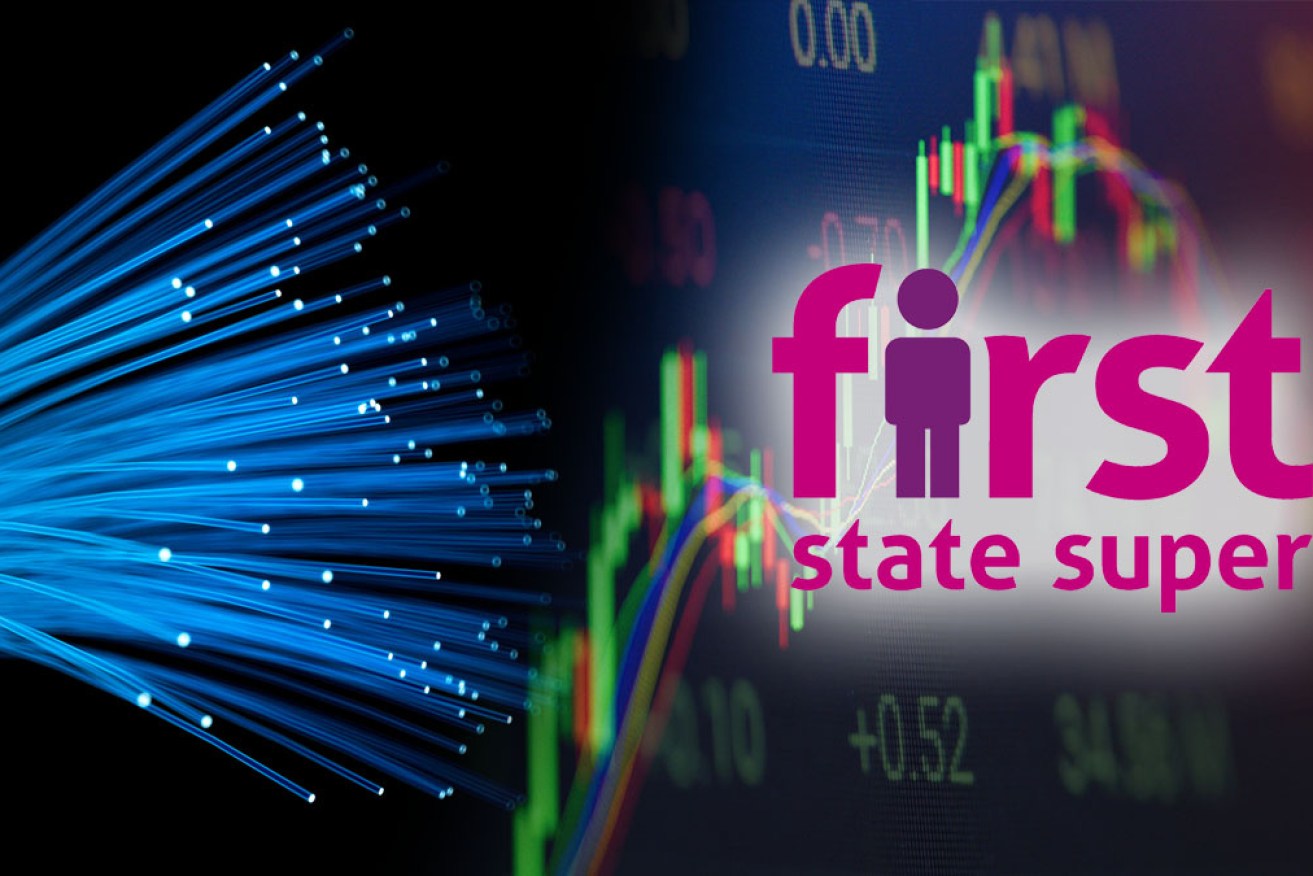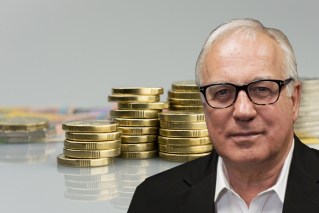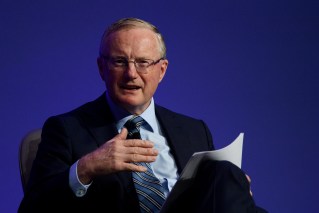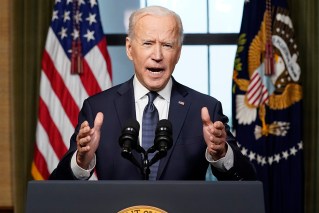First State Super makes first on-market bid to buy out entire company


First State Super wants to have its own fibre optics business. Photo: The New Daily
The not-for-profit superannuation sector has taken a great leap forward with $130 billion giant First State Super (FSS) dropping a surprise $600 million bid for telecommunications company OptiComm.
It’s significant because it’s the first time a super fund has attempted to buy an entire company – and it could blow another bid out of the water.
OptiComm was subject to a takeover offer at $5.20 a share from another fibre outfit, Uniti, back in June.
That offer was due to close and be voted on by shareholders on September 10, just two days after FSS lodged a much larger bid.
Given the FSS offer is $5.85 and all cash, compared to Uniti’s which includes a 10 cents dividend, it will likely win the day.
What’s the go?
The question is: What is FSS up to?
Well, its firepower has expanded dramatically after recently merging with VicSuper. And WA Super will soon join the pair, making it the second biggest fund behind the $186 billion AustralianSuper.
“I don’t see it as a sign that super funds are going to start buying out the stockmarket. It’s more a reflection of the fact that as super funds grow larger they look for new opportunities in areas like private equity (PE),” UNSW economics professor Richard Holden said.
PE involves an institution buying out existing shareholders in a business, with a plan to either refloat later or hold on to the assets.
That is something other funds are doing.
The Future Fund has 15 per cent of its investments, or $24.2 billion, in private equity, while AustralianSuper has 3.5 per cent in private equity and is aiming for 5 per cent.
FSS now has $6.03 billion in PE, approximately 4.8 per cent of its total funds.
This time it’s different
What’s different with this private equity play is the way FSS is going about it.
The Future Fund invests in private equity funds run by big PE specialists like Bain Capital, TPG, Blackstone and KKR.
It’s a well-trodden path.
Giant Californian public sector fund CalPERS has 7.7 per cent of its whopping $US411.5 billion ($596.96 billion) portfolio in PE, while the $158 billion IFM Investors has $700 million in PE, aiming for $1.85 billion.
AustralianSuper has got a little closer to the action, partnering with PE specialist BGH Capital in a $2.1 billion deal to buy education group Navitas off the ASX.
But although this deal leaves AustralianSuper with more risk than investing in specialised PE funds, it is still based on a partnership with a specialised entity.
FSS has dispensed with that and wants to buy and manage OptiComm itself. If you want to know why, follow the money.
“A good PE deal might deliver a 2 per cent annual management fee and a 20 per cent carry fee [profit] on the deal,” Professor Holden said.
CalPERS, meanwhile, says it makes a 10.4 per cent internal rate of return on PE.
So by going it alone, FSS is trying to shoot the lights out and collect that big money.
“The best operators deserve those big returns. But as someone who worked in PE for four years, it’s not easy to do,” Professor Holden said.
“It needs specialised skills and experience that super funds don’t have. They can buy them, but you have to make it work.”
FSS is saying very little at this stage other than: “We believe this is a compelling proposal and look forward to working with OptiComm and its management team on this transaction.”
Fibre optics have caught its eye previously.
“We have had an interest in digital infrastructure for some time, including having previously been an investor in LBNCo – a smaller Australian fibre optic network provider, that was sold to Uniti last year,” the fund said in a statement.
Ironically, Uniti is the company it plans to gazump with this deal.
But that previous investment was done in conjunction with Sydney-based investment manager ROC Partners, not on its own. And though this deal might be a first, FSS says it won’t be the last.
“As we continue to increase in scale and capability we will expand our origination networks, including in the listed markets,” FSS told The New Daily.
Tweet from @FinancialReview
The move by big funds into companies owned on the public markets could be a negative for small investors, says Fiona Balzer, policy and advocacy manager with the Australian Shareholders Association.
“It’s often a concern for retail investors that some of the good infrastructure assets are being bought up by the big funds,” she said.
That creates fewer opportunities for private investors to access the secure income that infrastructure provides.
Ms Balzer observed that FSS had a long history in telecommunications, being an early investor in Optus when it became the second carrier to Telstra after deregulation in the mid-1990s.
Independent economist Stephen Koukoulas said the move by FSS was an indication of “the fact that over the last five to 10 years the super funds have got so big that they need to find different strategies to invest their money”.
First State has until September 18 to complete due diligence and make its OptiComm offer binding.
The New Daily is owned by Industry Super Holdings










